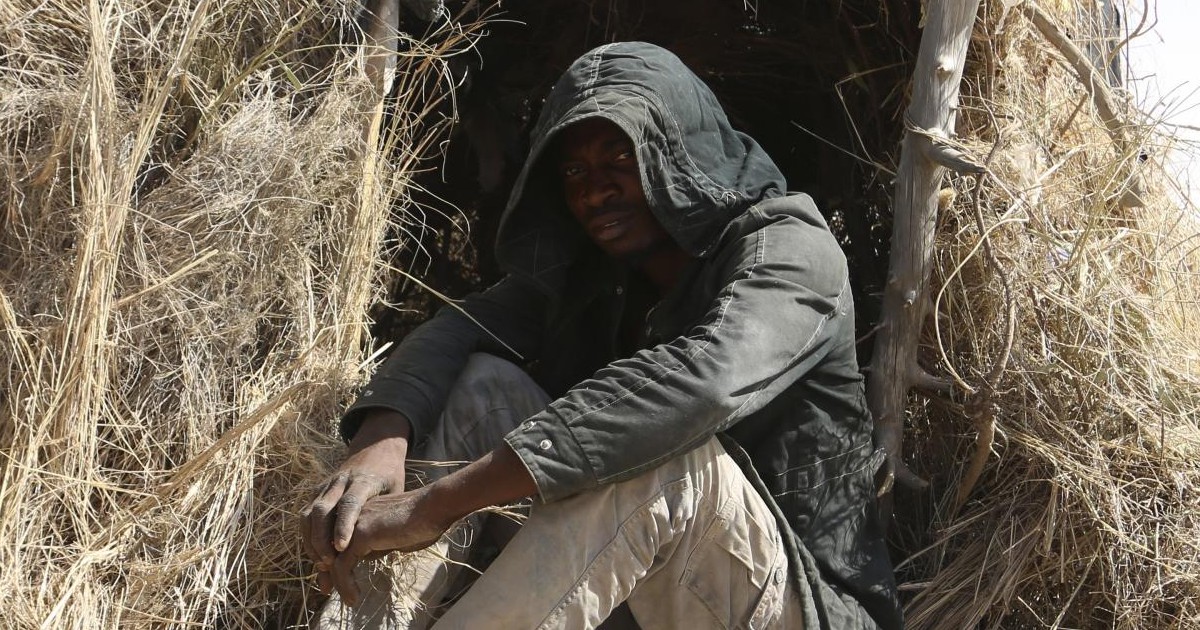For weeks humanitarian organizations and international media have been trying to turn the spotlight on the thousands of sub-Saharan migrants abandoned by the Tunisian authorities in the desert areas on the border with Algeria and Libya in inhumane conditions. To intervene with a joint press release are now theUnited Nations Refugee Agency (Unhcr) e l‘International Organization for Migration (Oim), saying “profoundly worry for the safety and the well-being of hundreds of migrants, refugees and asylum seekers in Tunisia, who remain stranded in dire conditions following their relocation to remote and desolate areas near the country’s borders with Libya and Algeria.”
“They are stranded in the desert, facing extreme heat and without access to shelter, food or water. Among them – underlines the note – hundreds of women and children, “many of whom displaced by Sfax”. Organizations plead humanitarian assistance waiting for them to be found “urgent and humane solutions”requesting that it be allowed to request the international protection to those who are entitled to it and that vulnerable individuals – how minors e victims of trafficking – are taken care of by adequate services, finally warning: “Efforts are urgently needed search and rescue for those who get stuck”.
See also
The bodies of five migrants found in the Libyan desert: “Rejected by Tunisia, they were without water and food”
Accusations that the Tunisian executive has dismissed as “slander”. Only yesterday, Thursday 27 July, the Interior Minister Camel Feki, reporting to Parliament on the numbers of the migratory phenomenon, announced the cornerstones of the government’s strategy against clandestine immigration (security policies, land border control, closure of illegal routes). And today he intervened to reject what he defines “Accusations and slanders that could harm to the image from the Tunisia and the Tunisians”. On the point relating to rescue operations tried to give guarantees: “Tunisia spares no effort to take charge of African migrants and other foreigners present on Tunisian territory, or to help those who are in danger in Tunisian territorial waters until they reach a safe place”. Statements which however clash with the fact that Tunisia does not have a so-called zona SAR (Of Search and Rescuesearch and rescue) formally recognized which obliges the country to collaborate with other coastal states in rescue operations in the central Mediterranean. Furthermore, before concluding the memorandum of understanding recently signed with Italy, Saied had made it clear that he did not want to make Tunisia “The refugee camp of Europe” reaffirming their “no” to the hypothesis of building within their own territory reception centres hosting migrants not Tunisians.
Today 28 July, in the communiqué shared on Facebook and then reiterated on national TV, the Minister of the Interior consistently stated that he had no no responsibility for what happens beyond out of their own bordersto then ensure that “the country complies with the application of the law, in particular through the pushback of migrants, but within the framework of respect for human rights and the protection of dignity”. It is not the first time that Tunis tries to to deny one’s involvement in the expulsion and abandonment of sub-Saharan migrants. One of the latest cases was raised in early July by Al Jazeera and France24 after having collected the testimonies of some Tunisian citizens who claimed to have witnessed the seizure of the documents to migrants by the authorities: a reconstruction that President Saied denied speaking of inferences “of colonial environments” That “they sow discord through social networks transformed into propaganda tools to destabilize the country”.
